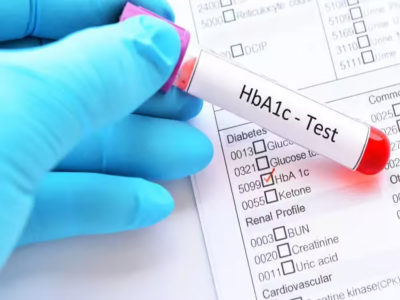Dehydration occurs when the body loses more fluids than it takes in. It can affect anyone, from athletes training in the heat to elderly individuals in nursing homes. Understanding the causes, symptoms, and prevention measures is crucial for maintaining overall health and well-being.
Causes
Dehydration can result from various factors:
Inadequate Fluid Intake: Not drinking enough fluids, especially during hot weather or physical activity, can lead to the issue.
Excessive Sweating: Intense physical activity or high temperatures can cause excessive sweating, leading to fluid loss.
Illnesses: Fever, diarrhea, vomiting, and conditions like diabetes can increase fluid loss and contribute to dehydration.
Medications: Some medications, such as diuretics, can increase urination and lead to dehydration if fluid intake is not adjusted accordingly.
Also read: World Blood Donor Day 2024: Raising awareness and saving lives
Symptoms
Recognizing the signs of dehydration is crucial:
Thirst: Feeling thirsty is the body’s initial signal of dehydration.
Dry Mouth and Lips: Dryness in the mouth and lips can indicate reduced saliva production due to dehydration.
Dark Urine: Urine that is dark yellow or amber suggests concentrated urine due to issue.
Fatigue and Weakness: Lack of fluids can lead to decreased energy levels and muscle weakness.
Dizziness and Fainting: Severe dehydration can cause dizziness, lightheadedness, and in extreme cases, fainting.
Prevention Strategies
Preventing dehydration involves simple yet effective measures:
Hydration: Drink an adequate amount of fluids throughout the day, especially water. Electrolyte-rich drinks can be beneficial after intense exercise or prolonged sweating.
Monitor Fluid Loss: During hot weather or physical activity, increase fluid intake to compensate for sweat loss.
Manage Illnesses: If experiencing diarrhea, vomiting, or fever, increase fluid intake and seek medical attention if symptoms persist.
Limit Alcohol and Caffeine: Both alcohol and caffeine can contribute to dehydration, so consume them in moderation and balance with water intake.
Also read: Get Fit: Top 5 exercises you need to try
Conclusion
Dehydration is a common condition that can have serious health implications if not addressed promptly. By understanding its causes, recognizing symptoms early, and taking preventive measures, individuals can maintain proper hydration levels and support overall health. Whether at home, work, or during physical activity, prioritizing hydration is essential for optimal well-being.
Remember, staying hydrated isn’t just a recommendation—it’s a vital part of maintaining a healthy lifestyle.





